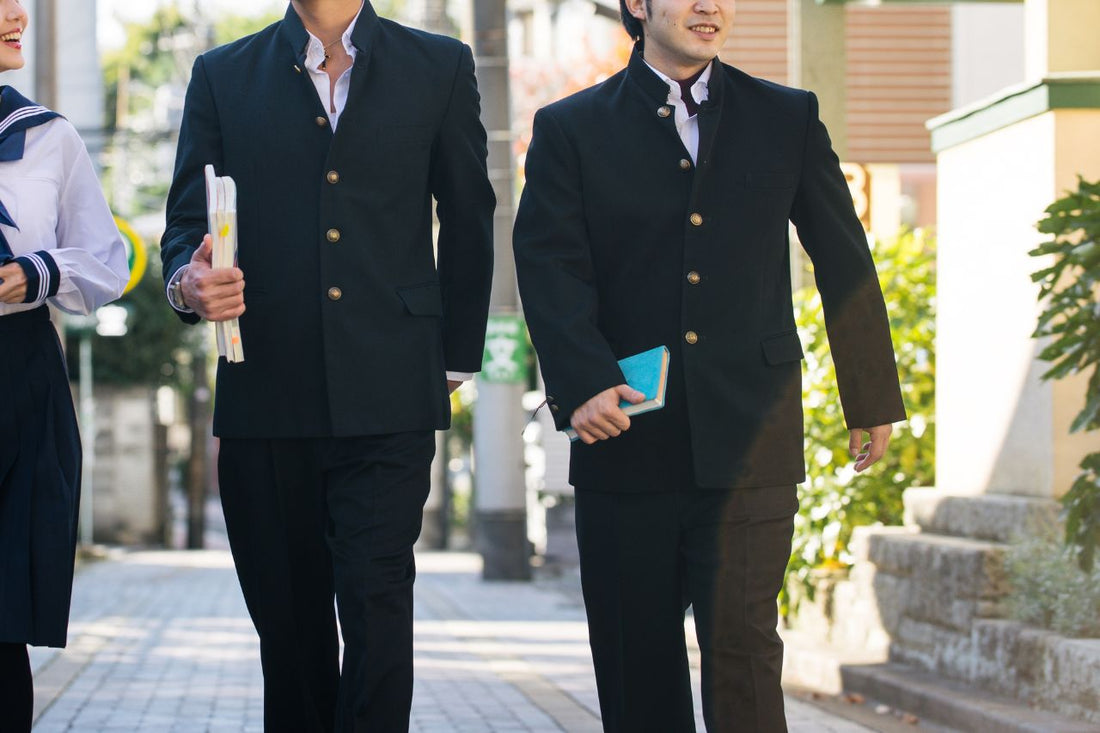Japan's Escalating Crackdown on Young Cannabis Users: A Record Surge in Arrests
As I explore into the shifting tides of cannabis policy in Japan, a country known for its stringent stance against the use of recreational substances, a concerning trend emerges.
Last year, Japan witnessed a record-breaking number of arrests among young cannabis users, a move that has ignited a wave of debate and concern among policymakers, educators, and citizens alike.
A Closer Look at the Data
The National Police Agency of Japan reported an alarming 34% increase in cannabis-related offenses among individuals under the age of 20, totaling 1,222 arrests. This figure not only sets a new record but also reverses a previous trend of decline.
The data further reveals a sharp spike in arrests post-16 years of age, a pattern that gradually diminishes beyond the age of 20.
Policy Shifts and Public Reaction
The surge in arrests coincides with significant policy shifts in Japan, including the prohibition of certain synthetic cannabinoids and the increased penalties for cannabis possession and use.
Interestingly, this crackdown follows closely on the heels of legislation that allows the importation of some cannabis-derived medications, highlighting a complex legal landscape surrounding cannabis in Japan.
Understanding the Rationale
Authorities attribute this rise in arrests to a perceived lack of awareness about the harmful effects of cannabis and its increased availability. In response, there's a push for enhanced anti-cannabis education, particularly targeting high school students. However, this approach has sparked a debate on its effectiveness and the broader implications for Japan's youth.
The Path Forward
In my observation, Japan's strategy mirrors a global dilemma: finding the balance between prevention and penalization. While it's imperative to educate and safeguard our youth from potential harm, the question remains whether increased arrests and stringent policies are the most effective means to this end.
The rise in young offenders challenges us to rethink our approach, emphasizing the need for policies informed by science, empathy, and a deeper understanding of youth behavior.
Personal Insights
In this development, I am reminded of the broader conversation surrounding drug policy and youth education. As someone who closely follows these shifts, I can't help but ponder the long-term impacts of Japan's current strategy. Will it deter use, or will it push young people into the shadows, afraid to seek help or information?
History teaches us that understanding and education, rather than punishment, pave the way to healthier societies. It's a lesson I believe is worth considering as we navigate the complexities of cannabis policy and youth engagement.
In conclusion, Japan's record arrest rates among young cannabis users underscore a pivotal moment in the country's drug policy narrative. It calls for a critical examination of our strategies and their consequences on the younger generation.
As we move forward, let's aim for a dialogue that embraces nuance, fosters understanding, and ultimately, cultivates a society that prioritizes the well-being of its youth over punitive measures.







